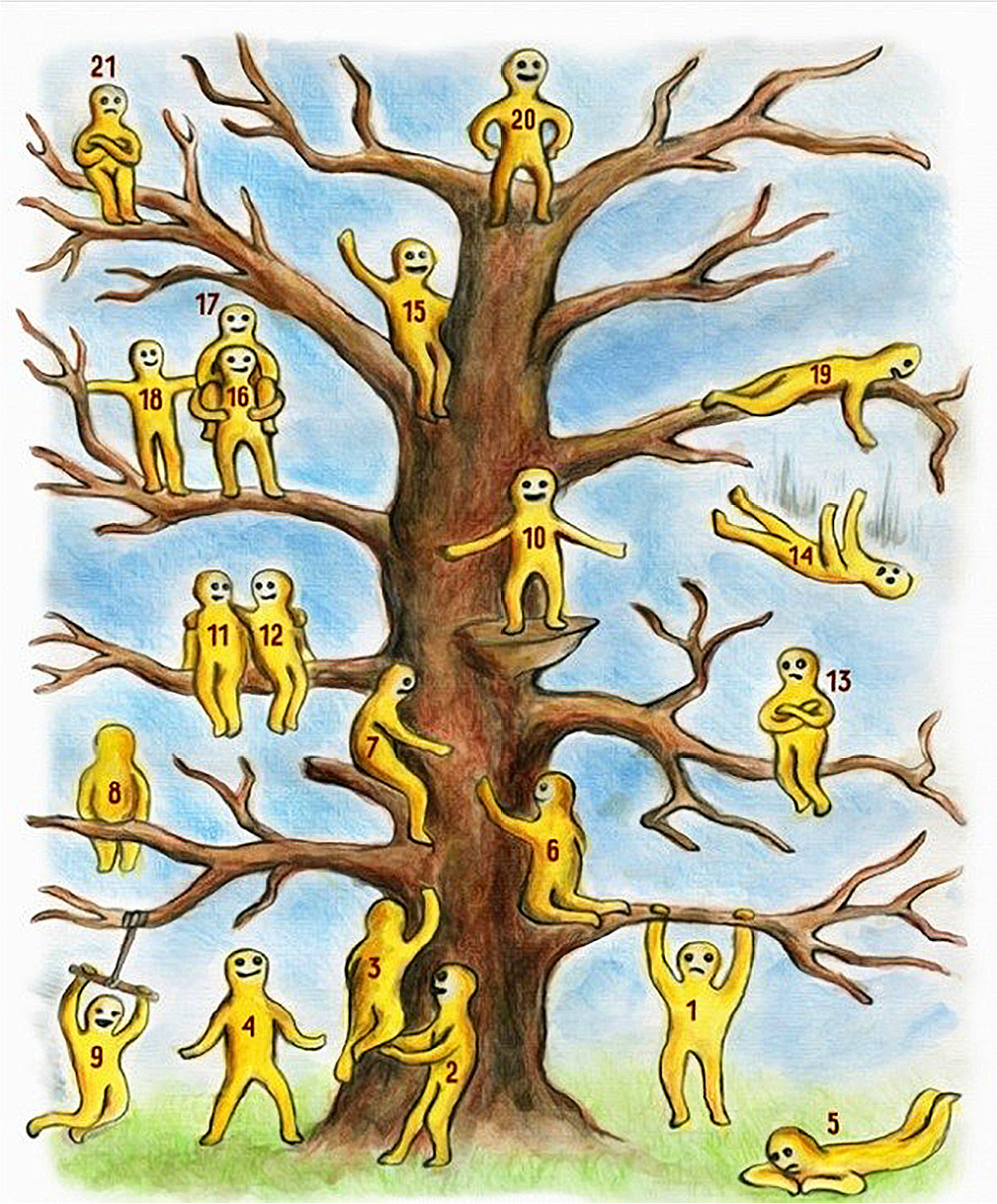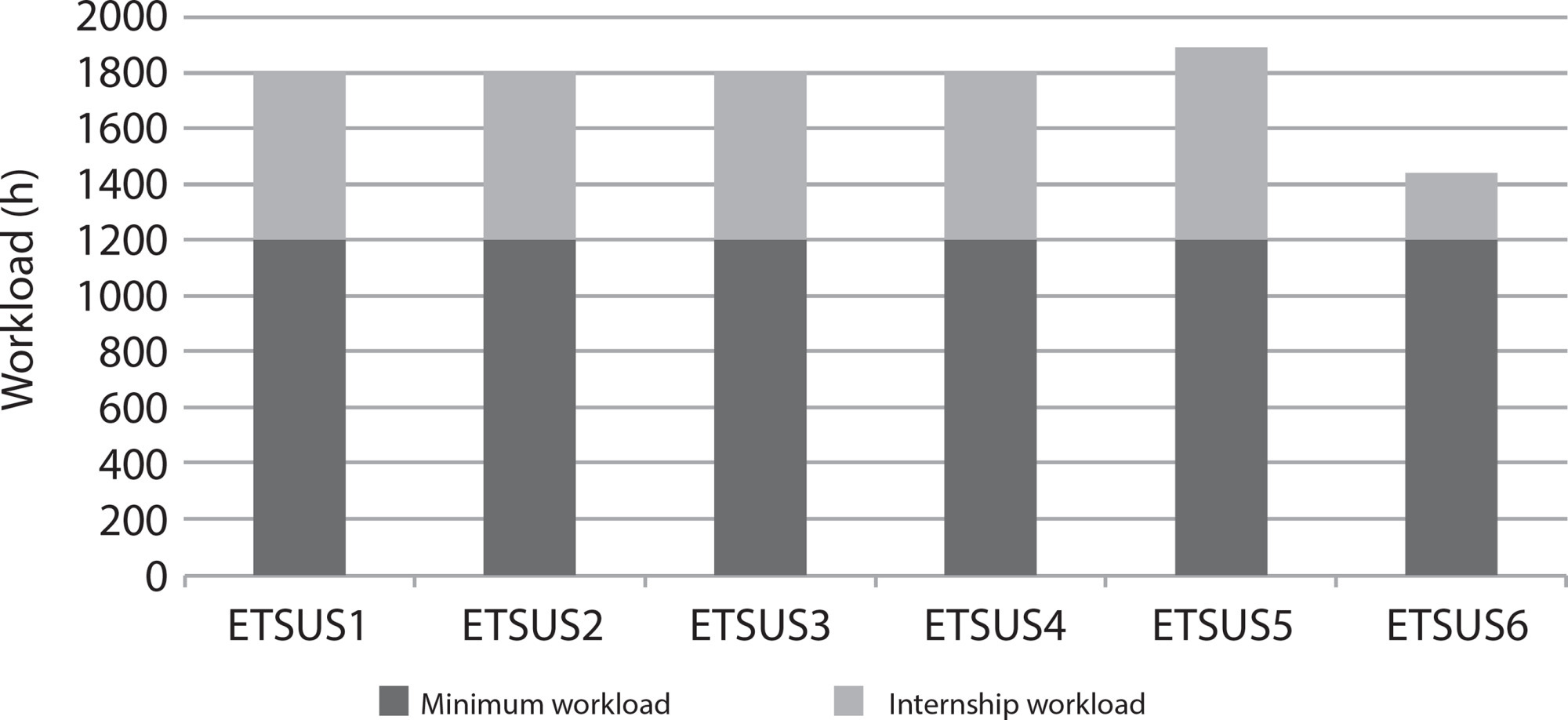-
ORIGINAL ARTICLE
Social entrepreneurship in the professional training in Nursing
Revista Brasileira de Enfermagem. 2022;75(3):e20220391
09-23-2022
Resumo
ORIGINAL ARTICLESocial entrepreneurship in the professional training in Nursing
Revista Brasileira de Enfermagem. 2022;75(3):e20220391
09-23-2022DOI 10.1590/0034-7167-2021-0391
Visualizações0ABSTRACT
Objectives:
to assess the knowledge and practices that stimulate social entrepreneurship in the professional training of Nursing students.
Methods:
qualitative exploratory-descriptive study carried out with 44 Nursing students from a University in the South Region of Brazil. Data were collected between May and August 2021, through individual online interviews. The participants were students of nursing course in the 6th semester or above, who had previously participated in teaching, research, or university outreach activities on entrepreneurship.
Results:
the data was organized and analyzed according to the thematic analysis technique and resulted in three thematic categories: Meanings of social entrepreneurship, Factors that sparked social entrepreneurship, and Recognizing oneself as an entrepreneurial nurse.
Final Considerations:
the knowledge and practices that stimulate social entrepreneurship in the professional training of Nursing students are associated with teaching, research and university outreach activities that allow concrete experiences in the living and dynamic world of communities.
Palavras-chave: Education, NursingNursingNursing Education ResearchOccupational HealthTeacher TrainingVer mais -
ORIGINAL ARTICLE
Supervised Internship: attributions and limitations from the perspective of nursing supervisors, faculty advisor and managers
Revista Brasileira de Enfermagem. 2022;75(3):e20210098
02-02-2022
Resumo
ORIGINAL ARTICLESupervised Internship: attributions and limitations from the perspective of nursing supervisors, faculty advisor and managers
Revista Brasileira de Enfermagem. 2022;75(3):e20210098
02-02-2022DOI 10.1590/0034-7167-2021-0098
Visualizações0ABSTRACT
Objectives:
to describe the attributions and limitations in internship nursing supervisors’, faculty advisors’ and managers’ work in the process of carrying out Supervised Internship in nursing education.
Methods:
a qualitative exploratory-descriptive research. Interviews were conducted between February and July 2018 with 26 participants: four managers, nine faculty advisors, six primary care nursing supervisors and seven hospital care nursing supervisors. Data analysis was performed using the Content Analysis technique.
Results:
among the main attributions are participation in the organization of the field, mediation between educational and health institutions, presentation of the world of work; as limitations are the high number of institutions in the field, work overload, lack of commitment or lack of didactic preparation towards student education.
Final Considerations:
we evidenced the need to (re)define and clarify everyone’s roles and (re)think the integration strategies for monitoring students.
Palavras-chave: Education, NursingHealth Human Resource TrainingNursingNursing Education ResearchTraining SupportVer mais
-
ORIGINAL ARTICLE
Gender debate as a challenge in nursing training
Revista Brasileira de Enfermagem. 2021;74(5):e20201001
08-16-2021
Resumo
ORIGINAL ARTICLEGender debate as a challenge in nursing training
Revista Brasileira de Enfermagem. 2021;74(5):e20201001
08-16-2021DOI 10.1590/0034-7167-2020-1001
Visualizações0Ver maisABSTRACT
Objectives:
to understand the challenges of introducing gender debate in nursing training from undergraduate students’ perspective.
Methods:
a qualitative, exploratory-explanatory study. Data were collected through a semi-structured interview applied to 12 undergraduate nursing students at a public university in São Paulo. For data treatment and analysis, the Discourse of the Collective Subject was used in light of Boaventura de Sousa Santos’ knowledge production paradigm theoretical framework.
Results:
nursing education remains centered on the traditional scientific model, neglecting gender and strengthening stereotypes aimed at the feminization of the profession.
Final Considerations:
nursing training has a challenge of implementing actions that deepen the gender theme. Therefore, some strategies are suggested, such as improving professor training and appropriating emancipatory pedagogical practices; reviewing pedagogical political projects; curriculum theorization and restructuring; problematizing gender issues for nursing leadership.
-
ORIGINAL ARTICLE
Organizational and pedagogical characterization of vocational courses in nursing at SUS Schools
Revista Brasileira de Enfermagem. 2021;74(1):e20190574
02-05-2021
Resumo
ORIGINAL ARTICLEOrganizational and pedagogical characterization of vocational courses in nursing at SUS Schools
Revista Brasileira de Enfermagem. 2021;74(1):e20190574
02-05-2021DOI 10.1590/0034-7167-2019-0574
Visualizações0ABSTRACT
Objectives:
to know the organizational and pedagogical characteristics of vocational courses in nursing of Unified Health System Vocational Schools in northeastern Brazil.
Methods:
this is a qualitative, descriptive study, developed in six schools that offer this course. As a data source, Pedagogical Political Project and Teaching Plans were used to search for information on courses’ organizational and pedagogical characteristics through indirect documentation, using three structured scripts.
Results:
most of the characteristics of the courses are convergent between schools, but pedagogical characterization items do not exist, presenting themselves as fragility regarding the outline of such normative characteristics.
Final Considerations:
the characterization of the courses demonstrates the schools’ commitment to training professionals aiming at quality of healthcare/nursing in/for the Unified Health System. However, the weakness found in the documents emerged as a challenge to be overcome, in order to better subsidize teaching and learning and qualify training.
Palavras-chave: NursingNursing Education ResearchNursing Research, EducationalResearch, Nursing EducationTraining, VocationalVer mais
-
ORIGINAL ARTICLE
No to distance education! Production of meaning of discourses of nursing representative entities
Revista Brasileira de Enfermagem. 2020;73(5):e20190465
07-08-2020
Resumo
ORIGINAL ARTICLENo to distance education! Production of meaning of discourses of nursing representative entities
Revista Brasileira de Enfermagem. 2020;73(5):e20190465
07-08-2020DOI 10.1590/0034-7167-2019-0465
Visualizações0ABSTRACT
Objectives:
to analyze the processes of production of meanings, based on the positions of Brazilian nursing representative entities, on distance education, considering the implications for nursing as a discipline, profession and work.
Methods:
this documentary research was carried out in sources from the Federal Nursing Council and Associação Brasileira de Enfermagem, from 2015 to 2018. Data were examined from discourse analysis, using paraphrase and polysemy as analytical devices.
Results:
they were organized based on the effects of meanings produced and affiliated to two analytical categories: “Forms of mobilization and operating entities” and “Basis and justifications for the positions”.
Final Considerations:
the discourses signal concern about the future training of new professionals. Resistance, participation, visibility, broad and emphatic debate on the topic are shown as strategies for coping and defending a training process less captured by neoliberal logic, and more relational and committed to the quality of health care.
Palavras-chave: Education, DistanceEducation, HigherEducation, NursingNursingNursing Education ResearchVer mais
-
ORIGINAL ARTICLE
Pedagogical Content Knowledge of nursing freshman professors in medium-level technical education
Revista Brasileira de Enfermagem. 2020;73(5):e20180976
07-06-2020
Resumo
ORIGINAL ARTICLEPedagogical Content Knowledge of nursing freshman professors in medium-level technical education
Revista Brasileira de Enfermagem. 2020;73(5):e20180976
07-06-2020DOI 10.1590/0034-7167-2018-0976
Visualizações0ABSTRACT
Objectives:
to analyze the practice and construction processes of Pedagogical Content Knowledge of freshman professors, in secondary education in nursing.
Methods:
a collective case study with a qualitative approach. Data collection with biographical interview, non-participant observation of sessions and group interview. With the results interpreted in the light of Shulman's theoretical framework, content analysis enabled the creation of the category Manifestation of Pedagogical Content Knowledge.
Results:
predominance of traditional teaching practices, with an attempt at more flexible postures, with pedagogical knowledge and encouragement for student reflection.
Final Considerations:
the transition from the traditional model to a dialogical teaching (with the student's role) highlights the process of expanding Pedagogical Content Knowledge of, such as learning in and about the practice itself, seeking to strengthen teaching knowledge. A manifestation of reflective thinking was evidenced, with a perception of teaching professionalization.
Palavras-chave: Education, Nursing, AssociateFaculty, NursingNursingNursing Education ResearchNursing Faculty PracticeVer mais -
PESQUISA
Characterization of undergraduate nursing courses according to the National Student Performance Exam
Revista Brasileira de Enfermagem. 2016;69(2):375-381
01-01-2016
Resumo
PESQUISACharacterization of undergraduate nursing courses according to the National Student Performance Exam
Revista Brasileira de Enfermagem. 2016;69(2):375-381
01-01-2016DOI 10.1590/0034-7167.2016690222i
Visualizações0ABSTRACT
Objective:
to characterize undergraduate nursing courses according to Enade (National Student Performance Exam) in 2010 and 2013.
Method:
a quantitative documental study was performed and descriptive statistics was used for data organization and analysis.
Results:
Enade report analysis enabled the identification of a reduction in the total number of institutions providing undergraduate nursing courses that passed the evaluation process. The Southeastern, Northeastern and Southern regions of Brazil included the highest numbers of courses assessed and showed the best results in the two evaluation cycles. Additionally, the courses characterized as "without a ranking" were mainly held at private institutions.
Conclusion:
the results of these evaluation cycles are important to support investigative and intervention processes about and with undergraduate nursing courses.
Palavras-chave: Nursing Education ResearchNursing EvaluationNursing Evaluation ResearchNursing ResearchVer mais



